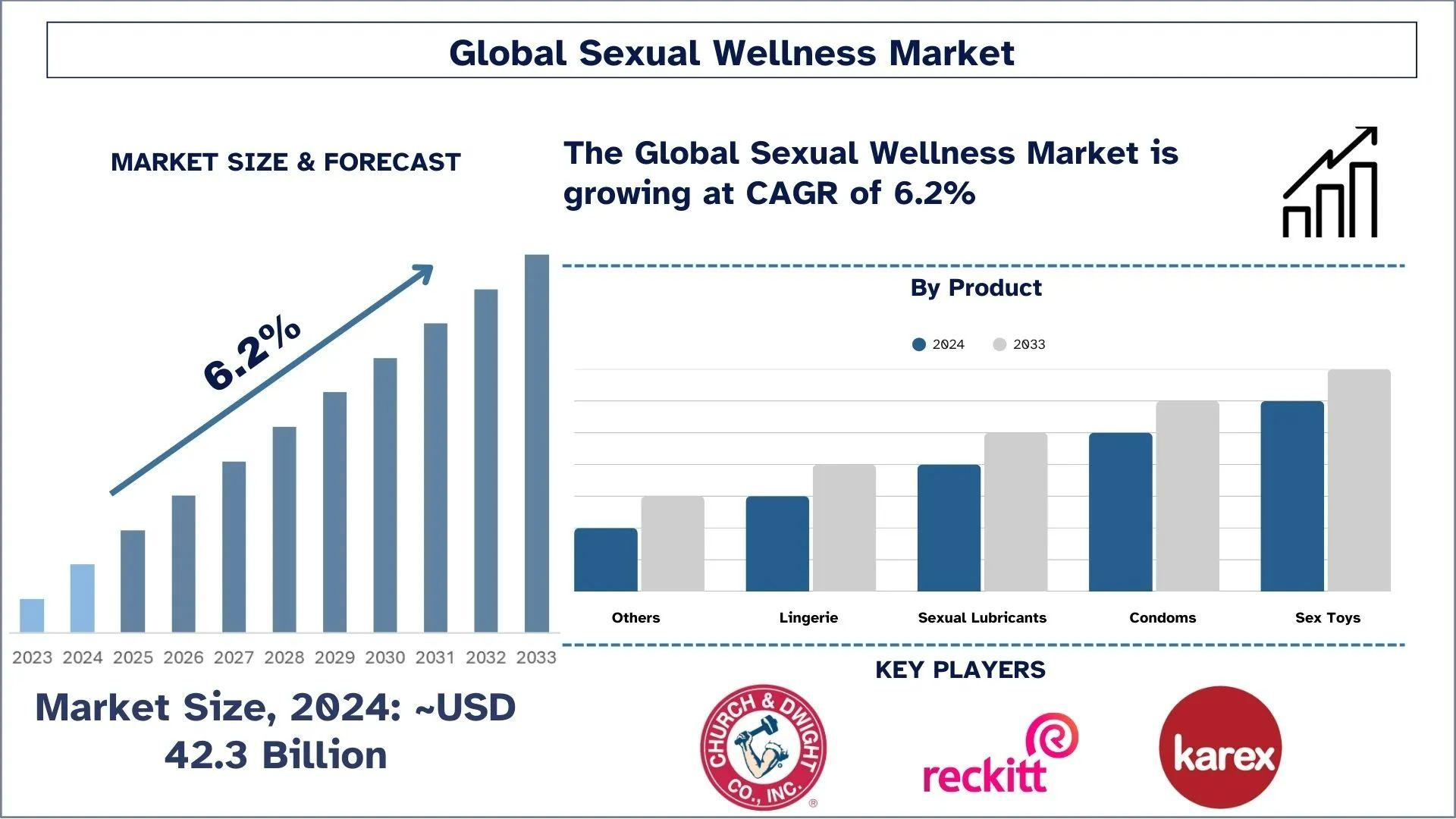Sponsorizzato
Key Skills to Look for When Hiring Automotive Software Developers

In today’s fast-paced automotive industry, software plays a critical role in shaping vehicles that are smarter, safer, and more efficient. From autonomous driving to connected car systems, software has become the backbone of modern automobiles. This has created a rising demand for highly skilled automotive software developers who can transform innovative ideas into functional and reliable solutions.
If you are looking to hire the right talent for your automotive project, it is essential to understand the key skills these developers should possess. This guide will help you identify the qualities and expertise that separate a great developer from a good one.
1. Strong Programming Knowledge
At the core of any software development role is coding expertise. Automotive software developers need a strong grasp of programming languages commonly used in the automotive industry. Some of the essential languages include:
-
C and C++ – Often used for embedded systems and low-level hardware programming.
-
Python – Popular for AI, machine learning, and data analysis in automotive applications.
-
Java – Useful for infotainment systems and cross-platform applications.
-
MATLAB/Simulink – Often used for modeling and simulation in automotive projects.
Developers must not only write clean and efficient code but also be able to optimize it for embedded systems that have limited processing power and memory.
2. Experience with Embedded Systems
Most modern vehicles rely heavily on embedded systems that control everything from engine performance to infotainment systems. Automotive software developers must have hands-on experience working with embedded systems to ensure their software interacts smoothly with hardware components.
Key considerations include:
-
Knowledge of microcontrollers and microprocessors
-
Real-time operating systems (RTOS) understanding
-
Familiarity with sensors, actuators, and control modules
-
Debugging and testing embedded software in hardware environments
Embedded systems expertise ensures that the software functions reliably under the unique constraints of automotive hardware.
3. Understanding of Automotive Protocols and Standards
Vehicles communicate internally using a variety of protocols, and software developers must be familiar with them to create efficient and safe applications. Some critical protocols and standards include:
-
CAN (Controller Area Network) – For communication between vehicle components
-
LIN (Local Interconnect Network) – For low-speed communication networks
-
FlexRay – High-speed communication for advanced safety systems
-
AUTOSAR (Automotive Open System Architecture) – A global standard for automotive software architecture
A strong understanding of these protocols ensures automotive software developers can design systems that communicate seamlessly and meet industry safety requirements.
4. Knowledge of Automotive Safety Standards
Safety is non-negotiable in the automotive industry. Developers must ensure their software adheres to industry safety standards such as:
-
ISO 26262 – Functional safety standard for electrical and electronic systems in vehicles
-
ASIL (Automotive Safety Integrity Level) – Risk classification to manage safety-critical functions
Hiring automotive software developers who are well-versed in these standards helps prevent costly recalls and ensures the software performs safely under all conditions.
5. Proficiency in Testing and Debugging
Software bugs in vehicles can lead to severe consequences. Therefore, automotive software developers must excel in testing and debugging their code. Essential skills include:
-
Unit testing and integration testing
-
Simulation and real-world testing for embedded systems
-
Debugging tools like GDB, Vector tools, or proprietary automotive software testing tools
-
Knowledge of automated testing frameworks
A developer who can identify and resolve potential software issues early in the development cycle ensures more reliable and safer vehicles.
6. Knowledge of Artificial Intelligence and Machine Learning
Modern vehicles, especially autonomous cars, heavily rely on AI and machine learning for decision-making. Developers with expertise in these areas can create features like:
-
Driver-assistance systems (ADAS)
-
Predictive maintenance algorithms
-
Traffic pattern recognition
-
Autonomous navigation
While not all automotive software projects require AI, having developers familiar with machine learning frameworks such as TensorFlow or PyTorch can be a major advantage for forward-thinking automotive projects.
7. Familiarity with Connected Car Technologies
Connected cars are no longer a futuristic concept—they are here. Automotive software developers must understand how to integrate vehicles with cloud services, mobile apps, and IoT systems. This includes knowledge of:
-
Vehicle-to-Everything (V2X) communication
-
Cloud-based telematics solutions
-
Infotainment systems and mobile integration
-
Data security and encryption protocols
Developers who understand connected technologies can help create vehicles that provide better user experiences, improved safety, and real-time analytics.
8. Problem-Solving and Analytical Thinking
Beyond technical knowledge, automotive software developers must have strong problem-solving skills. Automotive software projects often involve complex systems where even a small bug can cause significant issues. Developers should be able to:
-
Analyze system requirements critically
-
Identify root causes of software failures
-
Develop efficient and scalable solutions
-
Collaborate with hardware engineers and other stakeholders
Analytical thinking ensures that developers can foresee potential issues and innovate solutions that meet performance, safety, and usability requirements.
9. Effective Communication and Teamwork
Software development is rarely a solo endeavor, especially in the automotive industry. Automotive software developers must work closely with:
-
Hardware engineers
-
Mechanical engineers
-
QA testers
-
Project managers
Clear communication ensures that software aligns with the vehicle’s overall design and functionality. Developers must also document their code thoroughly so that other team members can understand and maintain it efficiently
10. Adaptability and Continuous Learning
The automotive industry evolves rapidly, with new technologies emerging constantly. From autonomous driving to electric vehicles, the demands on automotive software developers are always shifting. A great developer should:
-
Stay updated with the latest automotive software trends
-
Learn new programming languages or tools when required
-
Adapt to changes in project requirements and standards
-
Explore innovative solutions to complex problems
Hiring adaptable developers ensures your team remains competitive and capable of handling future automotive challenges.
11. Understanding of Vehicle Dynamics and Mechanics
While software is the focus, understanding how vehicles operate mechanically helps developers write better code. Developers with basic knowledge of:
-
Engine systems
-
Braking systems
-
Steering and suspension
-
Transmission and drivetrain
…can design software that integrates smoothly with physical vehicle components. This holistic understanding reduces errors and improves overall system efficiency.
12. Project Management and Organizational Skills
Finally, a well-rounded automotive software developer should possess good project management skills. They should be able to:
-
Plan development tasks and timelines
-
Prioritize critical features
-
Track progress and meet deadlines
-
Coordinate with cross-functional teams
Strong organizational skills help ensure that projects stay on track, reducing delays and minimizing costs.
Conclusion
Hiring the right automotive software developers is crucial for creating innovative, reliable, and safe automotive software solutions. From technical expertise in programming, embedded systems, and AI, to soft skills like problem-solving, communication, and adaptability, the ideal developer combines knowledge, experience, and a passion for innovation.
Partnering with a trusted team like Appingine ensures that your automotive projects are in capable hands. Our developers possess the skills and experience needed to deliver high-quality, cutting-edge software solutions that drive your automotive business forward. Whether you’re building connected cars, electric vehicles, or autonomous driving systems, Appingine helps turn your ideas into reality.




